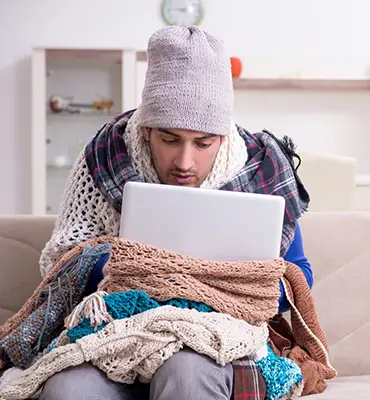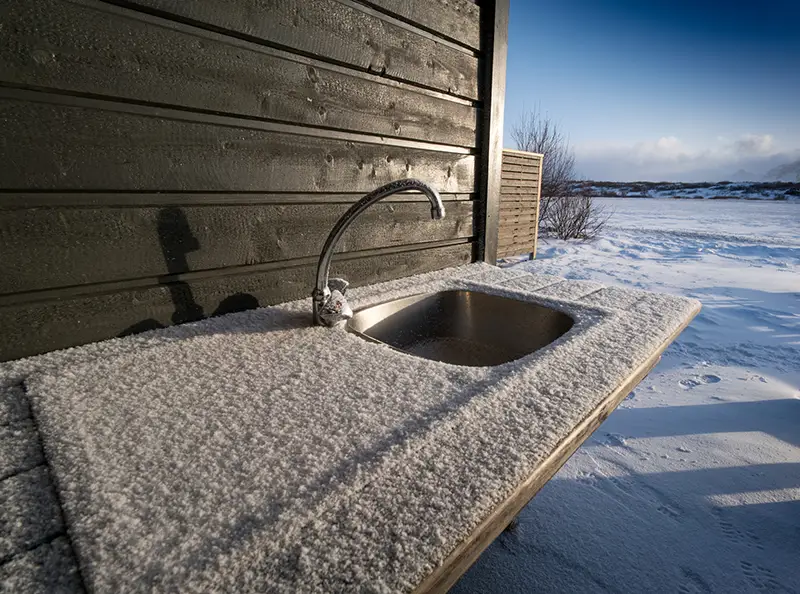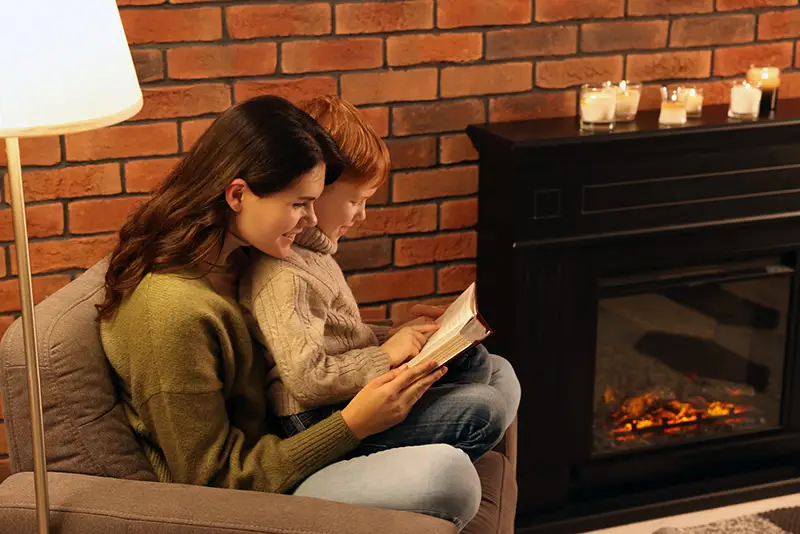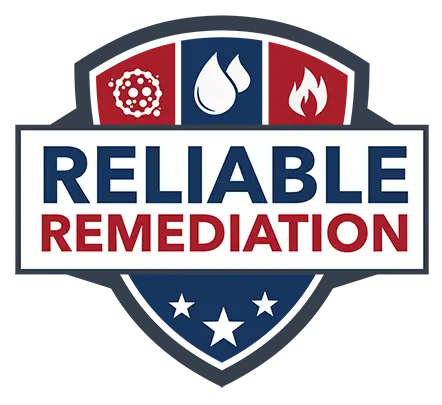As the temperature drops, the risk of frozen or burst pipes becomes a significant concern for homeowners. Water expands as it freezes, which can lead to pipe damage, leaks, and costly repairs. However, with some proactive measures, you can protect your home from this winter menace. Here are some important tips to keep your pipes safe during cold weather.

Know Your Shut-Off Valve Locations:
In case of a burst pipe, it’s crucial to know where the main shut-off valve is located. Familiarize yourself with the shut-off valves for individual fixtures as well. Being prepared can minimize damage in emergencies.
Disconnect Hoses and Shut Off Exterior Water Sources:
Before temperatures plummet, disconnect and drain all garden hoses. Shut off exterior water sources and, if possible, drain water from outdoor pipes to prevent them from freezing and bursting.
Insulate Exposed Pipes:
Pipes located in unheated areas like basements, attics, or crawl spaces are particularly susceptible to freezing. Insulating these pipes with foam insulation sleeves or wrapping them with heat tape can provide much-needed protection.
Seal Cracks and Gaps:
Inspect your home for any cracks or gaps near pipes, windows, doors, and walls. Seal these openings with caulking or insulation to prevent cold air from seeping in and causing the pipes to freeze.

Keep a Consistent Temperature:
Maintain a consistent temperature inside your home, especially during extremely cold days and nights. Even if you’re away, set your thermostat to at least 55°F (13°C) to ensure that the interior stays warm enough to prevent freezing.
Drip Faucets:
Allowing faucets to drip slightly can relieve pressure within the pipes, reducing the risk of freezing. A slow drip, especially from faucets connected to vulnerable pipes, can make a significant difference.
Open Cabinet Doors:
In kitchens and bathrooms, open cabinet doors to allow warm air to circulate around pipes located inside the cabinets. This helps maintain a higher temperature around the pipes, minimizing the chances of freezing.
Act Quickly in Cold Snaps:
During particularly cold periods, take extra precautions. Leave cabinet doors open, increase the thermostat slightly, and consider letting faucets drip more actively to prevent freezing.
What to Do If Your Pipes Freeze:
If you suspect your pipes are frozen but haven’t burst yet, keep the affected faucet open and apply gentle heat using a hairdryer or heating pad. Never use an open flame. If a pipe bursts, immediately shut off the main water supply and call a plumber.
By taking these preventative measures, you can safeguard your home from the potential havoc that frozen or burst pipes can cause during winter. Remember, a little preparation goes a long way in protecting your property from the chilling effects of cold weather.
Stay warm and safe!
We believe you deserve the best service – at Reliable we help people find peace of mind by restoring the health and safety of their home after water, fire, and mold damage.




